
Times have dramatically changed due to the coronavirus pandemic. Just a month or so ago we were faced with record low unemployment, which considerably hindered our ability to recruit the workers we needed. Due to the unfortunate circumstances of COVID-19, we now have a large pool of displaced workers – approximately 6.6 million according to recent data – from restaurants, retailers, hotels and other businesses that have temporarily closed.
However, competition for this group is still high. Grocery stores and other businesses that are considered essential are finding themselves short-staffed and looking to hire from this same pool of workers. Many of these organizations are big-brand names and therefore getting a lot of national attention for their hiring needs.
Sure, these companies can offer a paycheck in a time of need, but what they can’t offer is the rewarding work healthcare organizations can provide. To spread that message and recruit these workers, it's important to implement a robust grassroots effort.
This resource offers a four-pronged process for getting your job opportunities in front of displaced workers. Here, you’ll find strategies for sprucing up your job postings, social media templates and how-tos, and interview best practices for efficient and safe hiring.

During this challenging time, as non-essential businesses have either closed or reduced their hours of operation, workers in the restaurant, hospitality and other service industries have either temporarily or permanently lost their jobs.  When recruiting these workers, it’s important to get the messaging right and understand who you are targeting.
When recruiting these workers, it’s important to get the messaging right and understand who you are targeting.
Start by being empathetic to their situation – just imagine how it would feel to be jobless during these uncertain times. The healthcare industry has no shortage of open positions right now. This marks a chance for the industry to communicate how they can help displaced workers by offering immediate opportunities in areas like dining, housekeeping and caregiving. Some positions might have on-the-job training and if you are able to train them as a caregiver, it’s important to promote that in the job posting and have that discussion. In addition, be sure to promote the perks and benefits that your organization could provide like the great culture of your team, flexible hours or even the opportunity for overtime during this challenging time.
Finally – and here’s where the real opportunity lies – communicate all of the rewarding aspects of working in healthcare, especially during this incredible time of need. Explain that the demographics within the aging population coupled with the workforce shortage can offer them future job security. Who knows, some of these temporary workers could turn into full-time staff members when they see all the wonderful things happening at your organization and how they can contribute to serving their community.
In order to fully tap into this newly created pool of talent, you’ll want to make some simple (but necessary) changes to your current job postings.
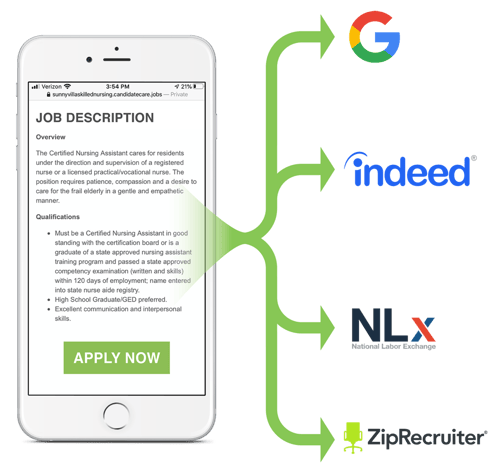 First, make it apparent that you’re open to and actively looking for those displaced from their jobs by COVID-19 and that you can offer temporary and long-term positions - depending on both parties' needs. Applicants may feel hesitant to apply for a position if they feel you don't understand that they may leave once they are able to return to their previous job.
First, make it apparent that you’re open to and actively looking for those displaced from their jobs by COVID-19 and that you can offer temporary and long-term positions - depending on both parties' needs. Applicants may feel hesitant to apply for a position if they feel you don't understand that they may leave once they are able to return to their previous job.
Next, paint a brief picture of a day-in-the-life for each position. Don’t just include things like essential duties and minimum requirements, lead with the great reasons to apply for the position. Also note what, if any, training is required and if your organization will provide this training.
Finally, keep in mind that the majority of your applicants may have never considered a career in healthcare. Show them why making this move could be one of the best, most rewarding things they could do!
Once your job posting is in top shape, share it on job boards such as Google for Jobs, Indeed, ZipRecruiter and US.Jobs, as well as across your social media channels. To get the most bang for your buck, create a single posting to advertise all temporary positions that you can “boost” on many of these job boards and social channels.

This post highlights the compassionate attitude those working in healthcare requires. It also points out that experience is not required and provides a “day-in-the-life” picture.

This post not only calls out the desire to help those impacted by COVID-19 but highlights the added benefit of overtime, training and the ability to start working as soon as possible.

This post is a great example of using a single job posting to advertise multiple available positions. It specifically calls out the COVID-19 situation and warmly introduces their community.
As the situation with COVID-19 continues to unfold, we understand that this is an unfortunate time for all involved. We see daily how this is impacting communities, employees and employers at every level and you’ve been on our mind.
While COVID-19 is a worldwide issue, its impact is most felt at the community level as businesses close and friends and neighbors lose their jobs. There are numerous stories of how communities are coming together to help those in need. Because of this, local community outreach is a great place to start when it comes to getting your message out to displaced workers.
Start by contacting local businesses who may have had to furlough or let go of their employees, such as hotels, restaurants, retailers, etc. Let them know of your immediate needs and your desire to help employees bring home a paycheck in these uncertain times.
You can also reach out to your local chamber of commerce, as well as community Facebook pages, to help spread the word.
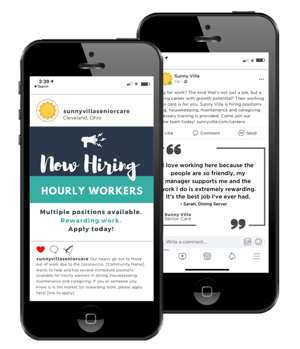 Advertising your job openings on social media is a free and effective way to recruit workers. New to social recruiting? Here are a few best practices to keep in mind:
Advertising your job openings on social media is a free and effective way to recruit workers. New to social recruiting? Here are a few best practices to keep in mind:
 Due to recent events, you should be prepared to address safety concerns that applicants may have. Reassure them that you are taking all necessary precautions by discussing the measures you have put in place to protect patients and staff. In addition providers may need to temporarily move away from traditional in-person interviews, opting instead for virtual interviews. While phone calls can be a great way to initially screen candidates, video conferencing provides that face-to-face connection which is important to feel confident that you’re hiring the right person.
Due to recent events, you should be prepared to address safety concerns that applicants may have. Reassure them that you are taking all necessary precautions by discussing the measures you have put in place to protect patients and staff. In addition providers may need to temporarily move away from traditional in-person interviews, opting instead for virtual interviews. While phone calls can be a great way to initially screen candidates, video conferencing provides that face-to-face connection which is important to feel confident that you’re hiring the right person.
Here are 4 quick tips for conducting a successful virtual interview:
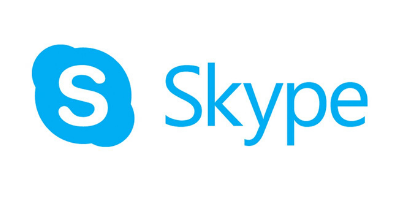
Skype is one of the most widely used services on the market. You can access Skype from any desktop or mobile device. Free calls are limited to up to 100 hours per month.
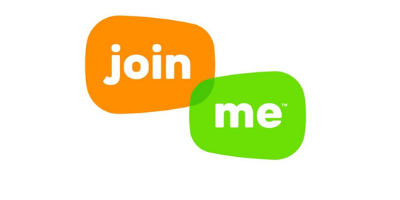
The Join.me platform doesn’t require any extra plugins or apps to use, which can be nice for an interview. Join.me offers a free trial and a range of pricing options.
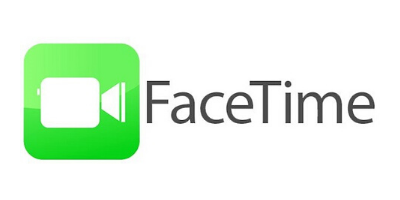
FaceTime is a free application available on iOS, including desktop and mobile devices. It could be a great option if both the interviewer and interviewee are using an Apple device.
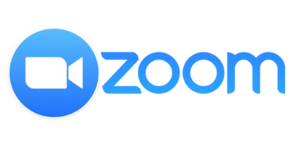
Zoom's Basic package is free and offers unlimited 1-on-1 conferencing. Users can access Zoom from their desktop or a mobile device.
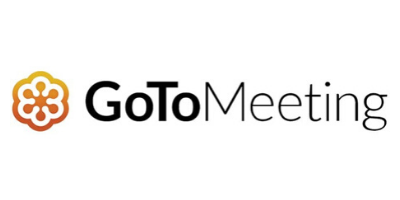
Your organization may already have an account with GoToMeeting, making it a great option. Plans vary in cost, but start at $12, after a 14-day free trial.
OnShift is committed to helping healthcare providers and employees through the challenging times presented by COVID-19. Every move we make is designed to help providers staff consistently with an exceptional and engaged workforce. We thank you for responding to this new challenge with urgency, diligence and respect to ensure patient safety. Together, we will all come out of this, but you will come out as heroes.